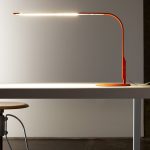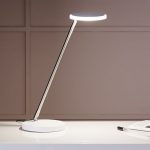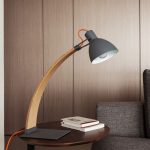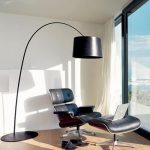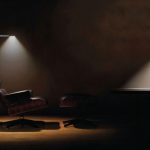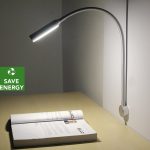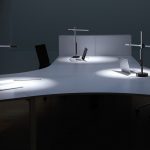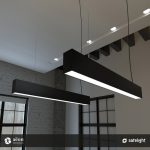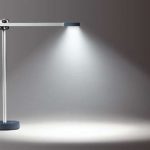Task lighting is an essential component of any workspace, as it helps to provide adequate illumination for specific activities such as reading, writing, and working on a computer. Choosing the right task lighting for your workspace is crucial to ensure optimal visibility and productivity. With so many options available on the market, it can be overwhelming to find the perfect lighting solution. Here are some tips to help you choose the right task lighting for your workspace:
1. Consider the type of task you will be performing: Different tasks require different levels and types of lighting. For example, if you will be doing detailed work such as sewing or crafting, you may need a brighter and more focused light. Alternatively, if you will be reading or working on a computer, a softer, more diffused light may be more appropriate.
2. Choose the right bulb: Task lighting typically uses either LED, incandescent, or fluorescent bulbs. LED bulbs are the most energy-efficient and long-lasting option, making them a great choice for task lighting. Incandescent bulbs provide a warm, soft light but are less energy-efficient and have a shorter lifespan. Fluorescent bulbs are bright and energy-efficient but may not be suitable for tasks that require color accuracy.
3. Consider the color temperature of the light: The color temperature of a light bulb refers to its warmth or coolness. For task lighting, it is generally recommended to choose a bulb with a color temperature between 2700K and 3000K, which provides a warm, white light that is easy on the eyes and conducive to focus.
4. Choose the right fixture: Task lighting fixtures come in a variety of styles, including desk lamps, floor lamps, and under-cabinet lights. Desk lamps are a popular choice for providing direct, focused lighting for tasks such as reading and writing. Floor lamps are great for illuminating larger work areas, while under-cabinet lights are ideal for illuminating countertops and work surfaces.
5. Consider adjustable lighting options: To accommodate different tasks and preferences, it is helpful to choose task lighting with adjustable features such as adjustable height, angle, and brightness. This allows you to customize the lighting to suit your specific needs and create a comfortable and efficient workspace.
6. Think about ergonomics: Proper lighting can help reduce eye strain and fatigue, so it is important to consider the ergonomics of your workspace when choosing task lighting. Position your lighting source at eye level and adjust the brightness and angle to minimize glare and shadows.
By considering these tips, you can choose the right task lighting for your workspace to create a comfortable, productive, and visually appealing environment. Remember that task lighting is a personal preference, so take the time to experiment with different options to find the perfect lighting solution for your specific needs.
 darbylanefurniture.com Interior design ideas with the latest interior inspiration
darbylanefurniture.com Interior design ideas with the latest interior inspiration


